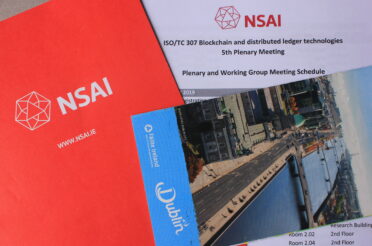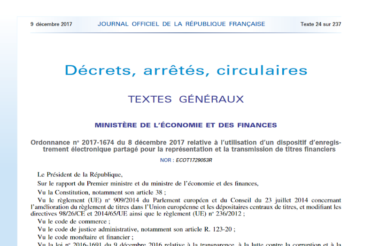Following the collapse of MtGox, a Tokyo-based currency exchange platform, in which thousands of users lost their Bitcoins, Japan was the first country to be forced to establish regulations for Bitcoin. The country's lawyers were then faced with the legal headache of Bitcoin.
The origins of the problem
The Mt. Gox platform was originally a Magic: The Gathering Online Exchange, which marginally connected buyers and sellers of Bitcoin (1 Bitcoin was worth less than $2 at the time).
Bitcoin had no legal definition.
With the arrival of its new president, Mark Karpèles, the site became the bitcoin exchange platform that we know.
Its downfall came in February 2014, when thousands of MtGox users learned that their bitcoin accounts had been closed and 850,000 bitcoins (100,000 of which belonged to the company) were missing.
While the President of MtGox declared that he had been a victim of hacking, other voices were raised to denounce the mismanagement of customer assets and former employees of the platform even noted that "customer funds were sometimes used to cover operating costs: rent, high-tech gadgets, a car imported from Great Britain...".
Japan, which until then had no regulations concerning Bitcoin, has had to deal with a multitude of questions related to the nature of Bitcoin (is it a game, a good, a physical thing, a currency?) and the institutions competent to deal with the issue (is it the National Police Agency, the Consumer Agency, the Financial Services Agency or the Ministry of Economy, Trade and Industry?)
In March 2014, the Japanese Prime Minister said that he had no answers to these questions and that the facts had to be analysed first. He did not even know whether the MtGox bankruptcy was related to a crime or to bankruptcy.
Opinions differed widely, with some saying that since bitcoins were lines of code, the platform's users had not lost anything.
As a result of the investigations that took place, the president of MtGox was arrested and charged with misappropriation of customer funds.
It was in this context that Japanese lawyers had to go back to the basics of law, namely the facts, in order to define this legally unidentified entity that is Bitcoin and to propose new rules to prevent the MtGox case from happening again.
The draft regulation: coercive but also incentive
On 17 December, "The Japan Times" revealed that a working group from the Japanese Financial Services Agency had just prepared a draft regulation of virtual currencies that will be submitted to the Japanese parliament (the "Diet") during 2016.
This draft concerns more generally prepaid cards, ATMs and virtual currency exchange platforms.
This text, which for the moment only exists in Japanese, has been informally translated by the Coindesk website (pending the English translation to be provided soon by the Financial Services Agency).
According to this draft, virtual currency exchange platform operators will be subject to regulation along three lines of concern:
a) Provisions related to the capital structure and accounts of platforms:
Companies wishing to carry out a virtual currency exchange activity will have to have a minimum capital, separate their customers' assets from their assets and submit to the control of statutory auditors or audit companies.
b) User protection provisions
Exchange platforms will have to be registered with the Financial Services Agency.
The Japanese authorities want to strengthen the protection of users by developing the transfer of more detailed information to regulators and consumers.
c) Provisions related to international anti-terrorism regulations
Platforms will have to identify their customers as soon as they open an account and inform the competent authorities of all suspicious transactions.
These latter provisions are directly derived from the recommendations made by the Financial Action Task Force (FATF) which combats the financing of international terrorism.
These three axes reflect the international legislative trend: that of aligning the provisions applicable to Bitcoin with the law on other financial services.
Beyond these coercive measures, the working group wonders how regulation can be designed so as not to overwhelm startups working in this nascent industry with too much regulation. Therefore, the project suggests that self-regulation be encouraged among virtual currency exchange platforms and advocates the creation of a body to promote this effort.
This self-regulation is interesting and necessary as the Bitcoin industry is growing and the technology is constantly evolving. However, there is a real need for self-regulation not only at the level of exchange platforms but also in the whole industry.
Sources : coindesk.com (1) – coindesk.com (2) – fsa.go.jp (1) – fsa.go.jp (2)
This article was first published on www.bitcoin.fr






